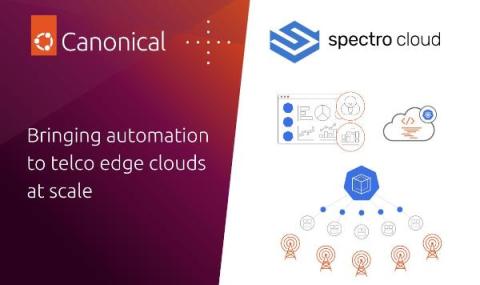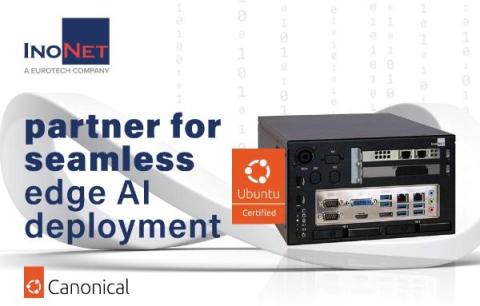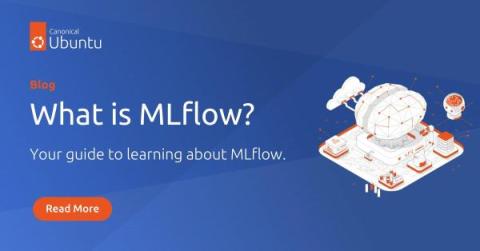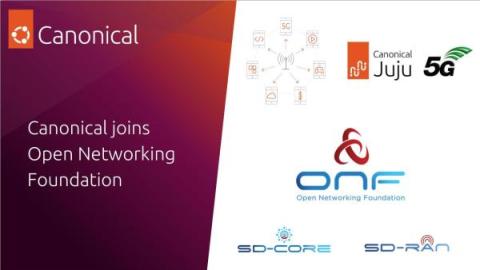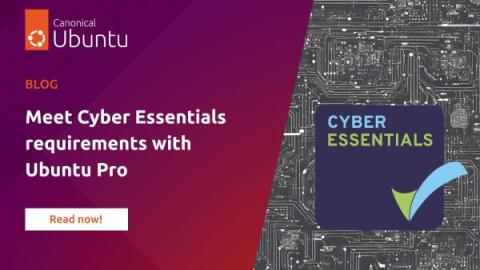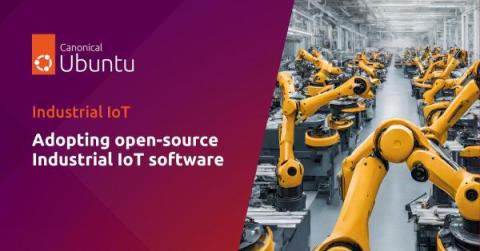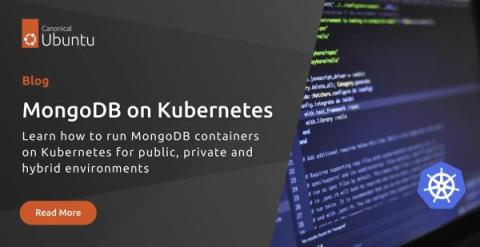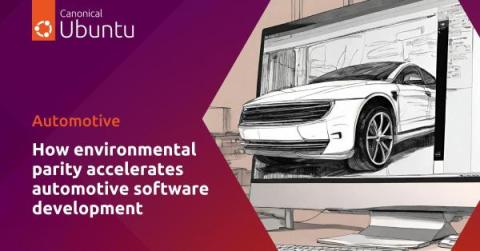Bringing automation to telco edge clouds at scale
Canonical and Spectro Cloud have collaborated to develop an effective telco edge cloud solution, Cloud Native Execution Platform (CNEP). CNEP is built with Canonical’s open source infrastructure solutions and Spectro Cloud’s Palette containers-as-a-service (CaaS) platform. This technology stack empowers operators to benefit from the cost optimisation and agility improvements delivered by edge clouds in a highly secure and performant way.


